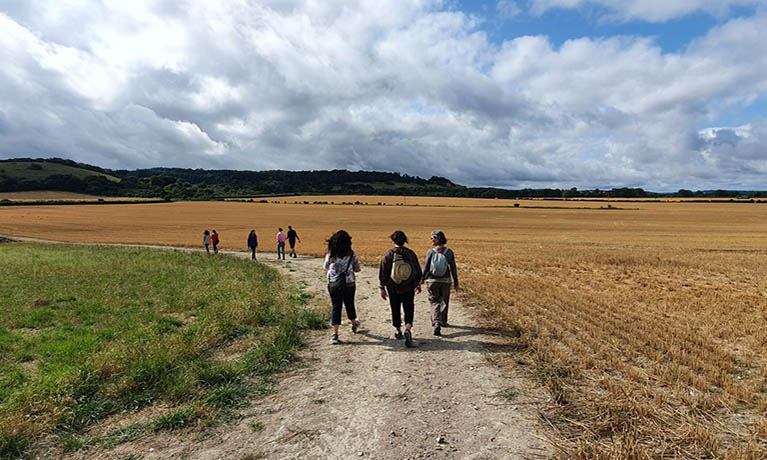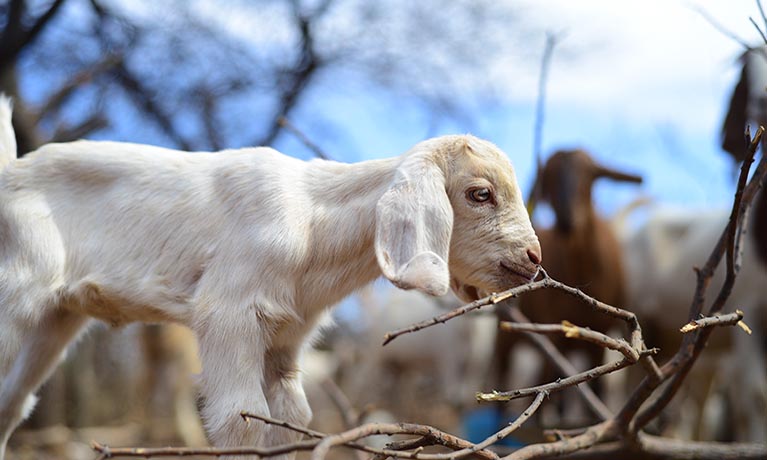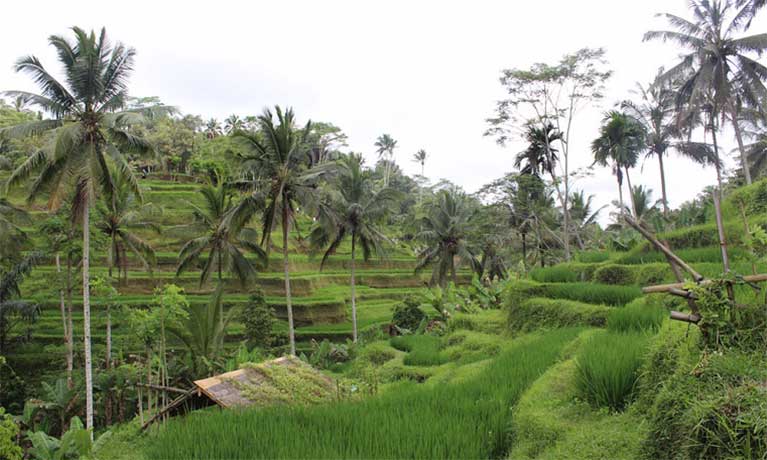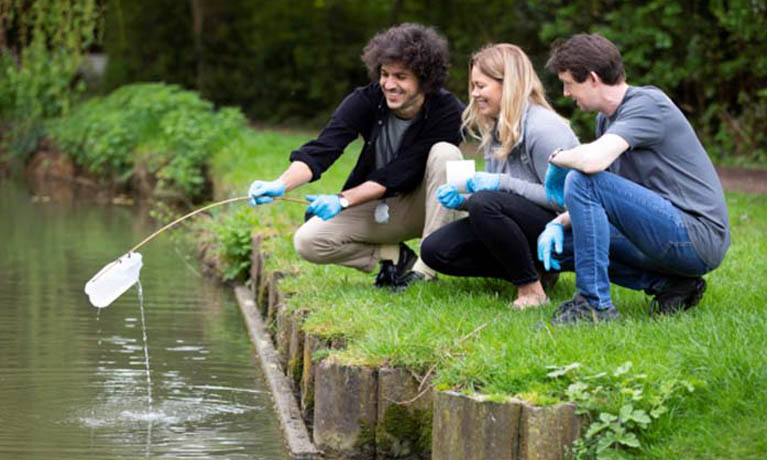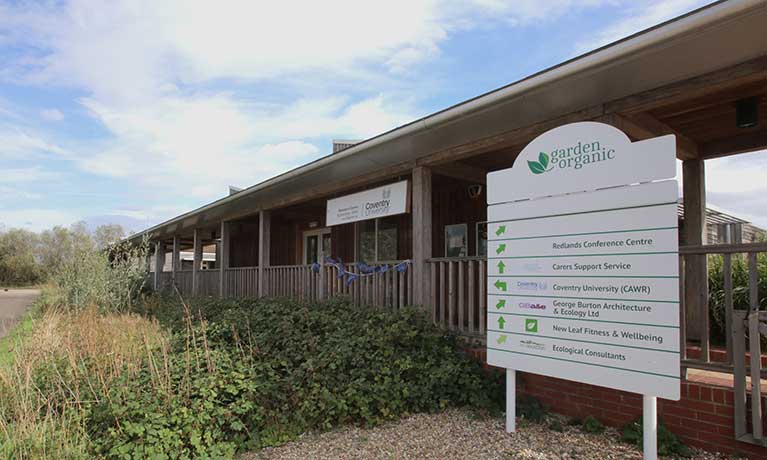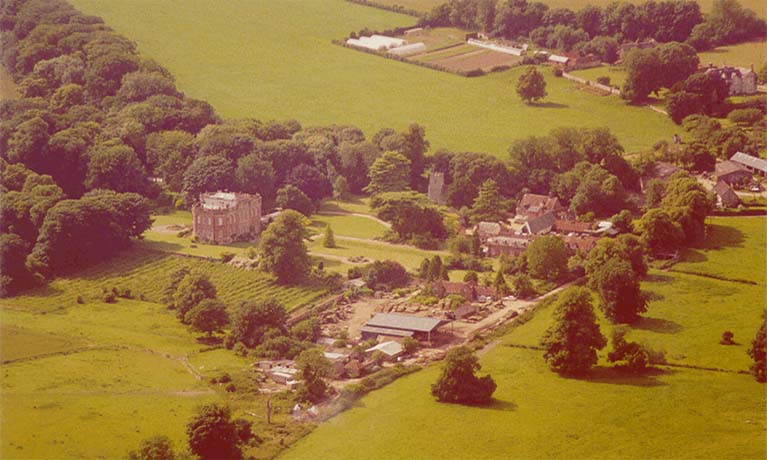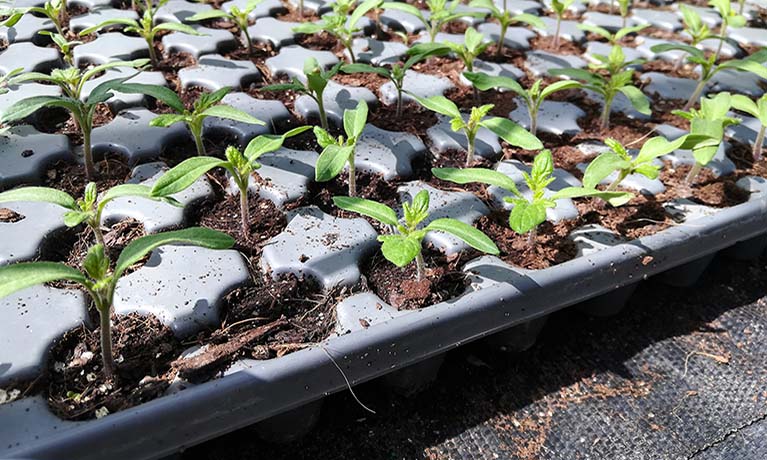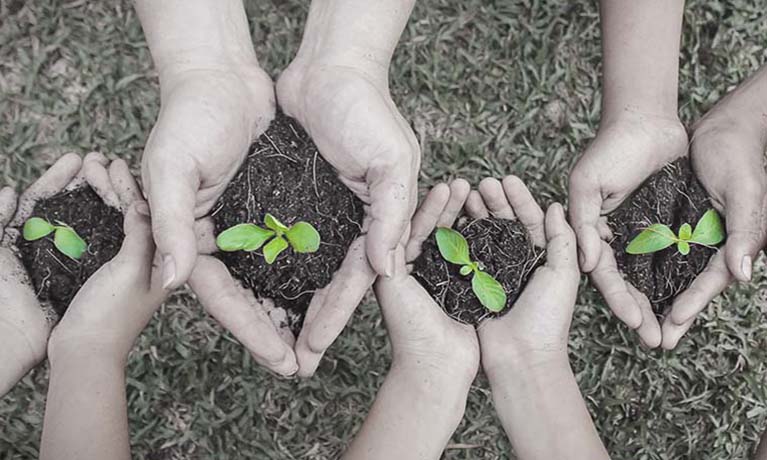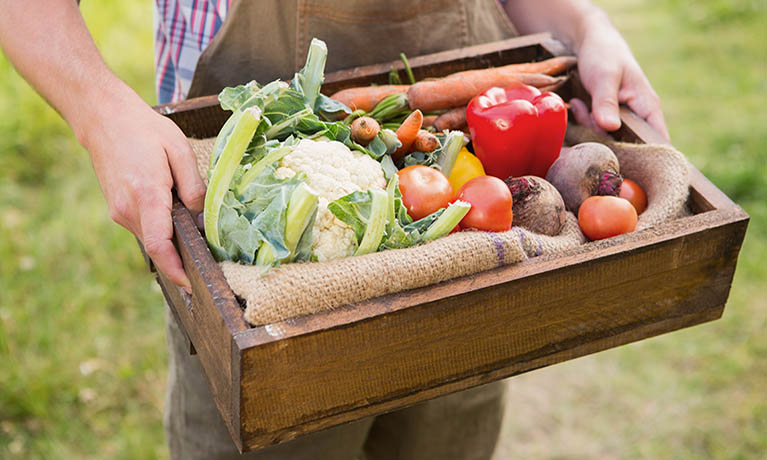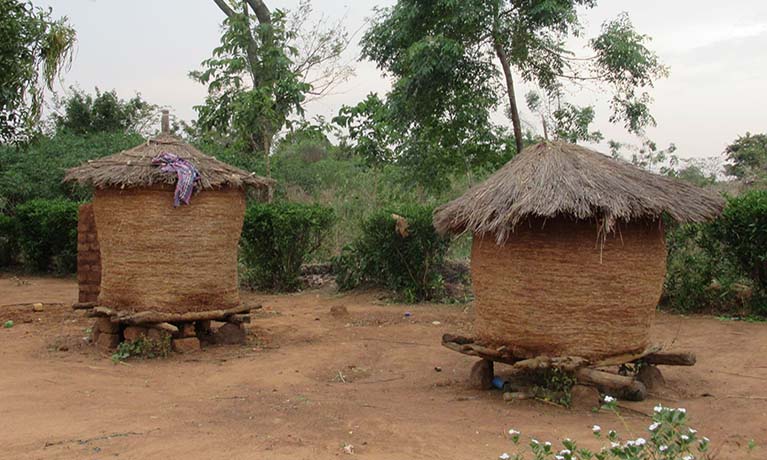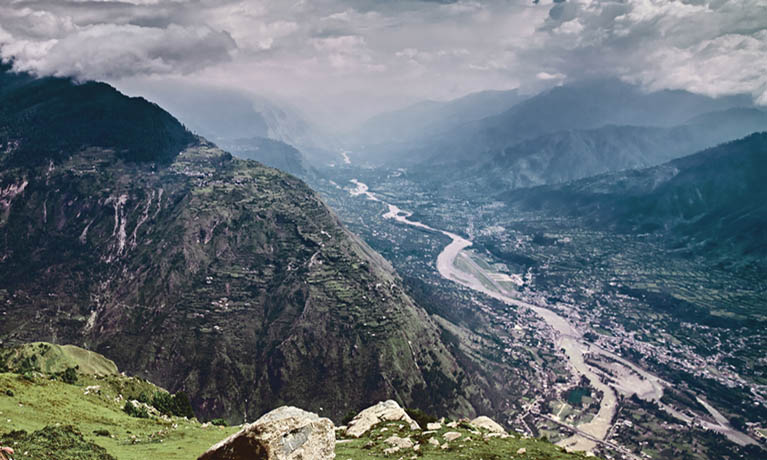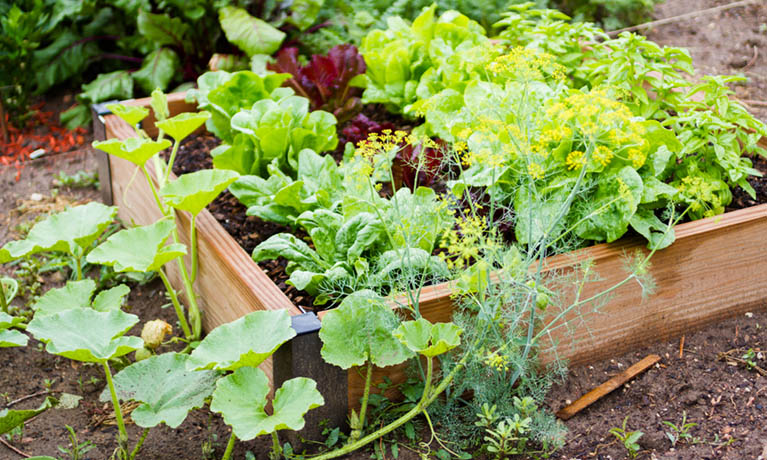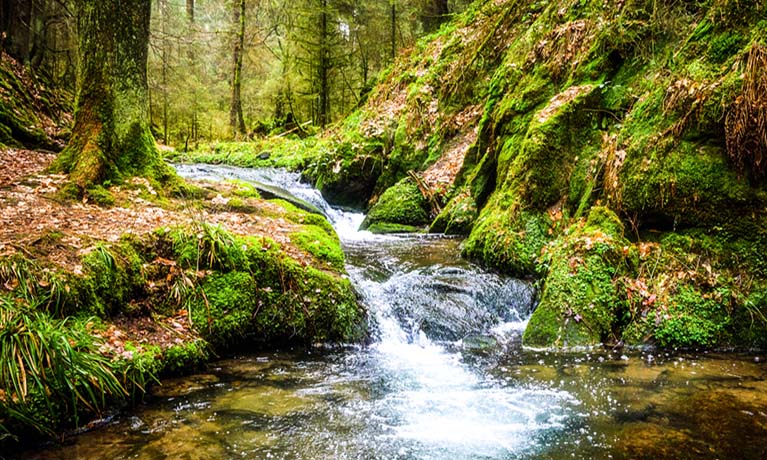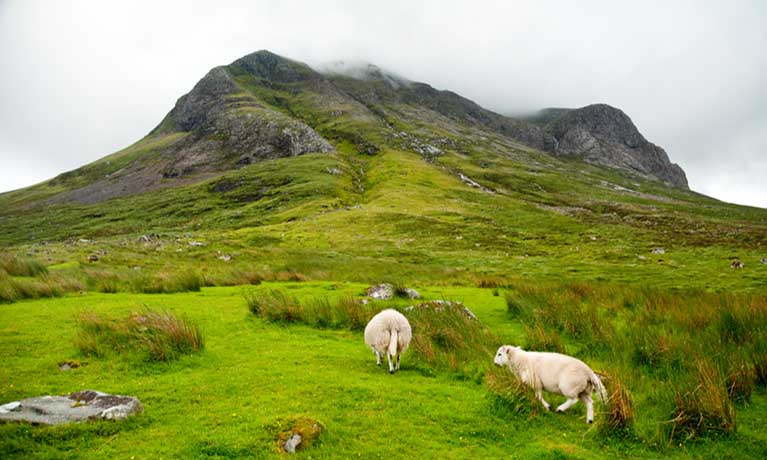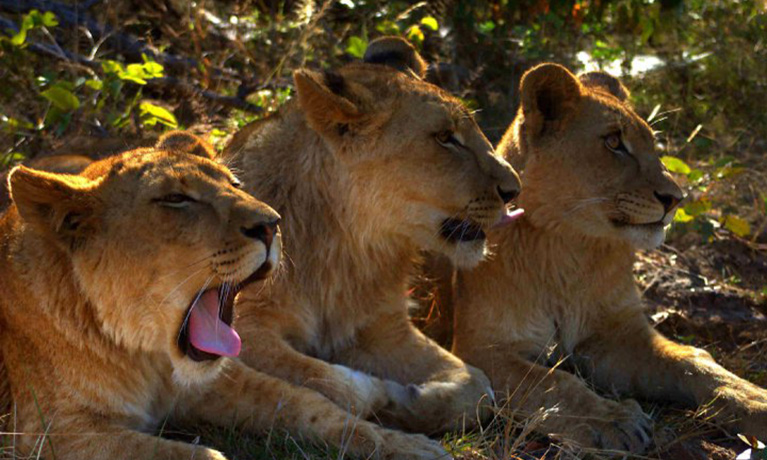Search
Unlocking Nature and the Outdoors: communities, race, gender and class
A growing body of scientific research identifies that spending time in green spaces or bringing nature into your everyday life can benefit both your mental and physical wellbeing.
Leveraging bio-active plants in smallholder goat production
Dr. Lovemore C. Gwiriri is a post-doctoral smallholder livestock systems research scientist at Rothamsted Research involved in agricultural systems socio-economic analysis.
The Future of Food Symposium 2021: From Recovery to Resilience
The Future of Food 2 symposium invites stakeholders across business and society to present, discuss and collaborate in moving forward the sustainable food agenda: eating socially and sourcing sustainably.
The Long Food Movement: Transforming Food Systems by 2045
The International Panel of Experts on Sustainable Food Systems (IPES-Food) has released a new report in collaboration with the ETC Group: 'A Long Food Movement: Transforming Food Systems by 2045'.
Earthwatch Europe: Creating knowledge, inspiring action
Earthwatch Europe is an environmental NGO with science at its heart. Their sustainable agriculture programme focuses on connecting farmers with soil health and water quality through collaborative citizen science to support changes that benefit farmers and the environment.
Book Launch – Research Handbook on Democracy and Development
The Research Handbook on Democracy and Development is a new publication edited by CTPSR Professor Gordon Crawford and Professor Abdul-Gafaru Abdulai, University of Ghana Business School.
Open Data for Agriculture and Nutrition: An introduction to the GODAN initiative
Global Open Data for Agriculture and Nutrition (GODAN), launched following a G8 Summit in 2012, supports global efforts to make agricultural and nutritionally relevant data available, accessible, and usable for unrestricted use worldwide.
Transforming a 900 acre rural estate into a regenerative ecosystem
The team at Chettle Estate is embarking on a journey to create their own regenerative ecosystem, with thriving biodiversity and abundant food production.
Organic-PLUS: Contentious inputs in organic agriculture
The Organic-PLUS project brings together researchers with backgrounds including agricultural economics, soil science and consumer understanding to coordinate the project overall, conduct UK field trials and lead work around public perceptions of organic.
Co-developing and applying a Social Impact Toolkit for Community Food Businesses in the UK
Since 2016 CAWR has collaborated with The Real Farming Trust to explore the social impact of community-scale, agroecological food provisioning systems. This has culminated in the co-creation and application of a Social Impact Toolkit for Community Food Businesses in the UK.
Minimalists as sustainable consumers? The (non)consumption practices of UK minimalists
This study critically examines the (non)consumption of self-defined minimalists in the UK (via in depth-semi structured interviews) to consider if such practices have sustainable intentions and/or outcomes.
Escape from Empire: Agroecological autonomy in European peripheries
This presentation summarises Simon's thesis, which explores the theoretical meaning of autonomy in agroecology and food sovereignty and explores farmers’ autonomy in Cornwall and Calabria.
Promoting agroecology and community water resources management in the tropics - lessons
Rose Hagen has a lifetime commitment to sustainable agriculture and forest management in Ireland and globally. She designed and is embedding an agro ecological approach in twelve Trócaire country programmes.
Human-environment interactions in the Himalayan Sutlej-Beas system
The talk will focus on environmental research quantifying geomorphological and vegetation dynamics over multiple timescales.
Sustainability Values in Alternative Food Networks: The case of box schemes and CSAs
This seminar will show the results of a PhD research on box schemes and CSAs which concludes that they practice sustainability by choosing two main values: The principle value and commercial behaviour.
Quantifying the response of macroinvertebrates to gradients of fine sediment pollution
This project examines how fine sediment is driving macroinvertebrate responses in order to help improve biomonitoring, i.e. the practice of using biological communities to track environmental change.
Addressing household food waste through a focus on planning
Food waste resulting from households continues to be an abhorrent problem. Researchers have called for greater attention on how food behaviours are situated in the prevailing organisation of everyday life to give explanation to why food comes to be wasted.
Bamboo: the mean green carbon fixing machine
David Trujillo (MSc PhD CEng) has been researching, teaching and promoting bio-based materials (timber, bamboo) for over 20 years.
The transition to capitalism in the Scottish Uplands
The transition to capitalism in the Scottish Uplands and what it means for the agroecology and food sovereignty movements.
Social Psychology of Conservation and the Environment: Facilitating Sustainability
This short course consists of 10 hours of on-line teaching, organized over 5 weeks (2 hours per week), and 5 hours of off-line study (15 hours total for the course).
